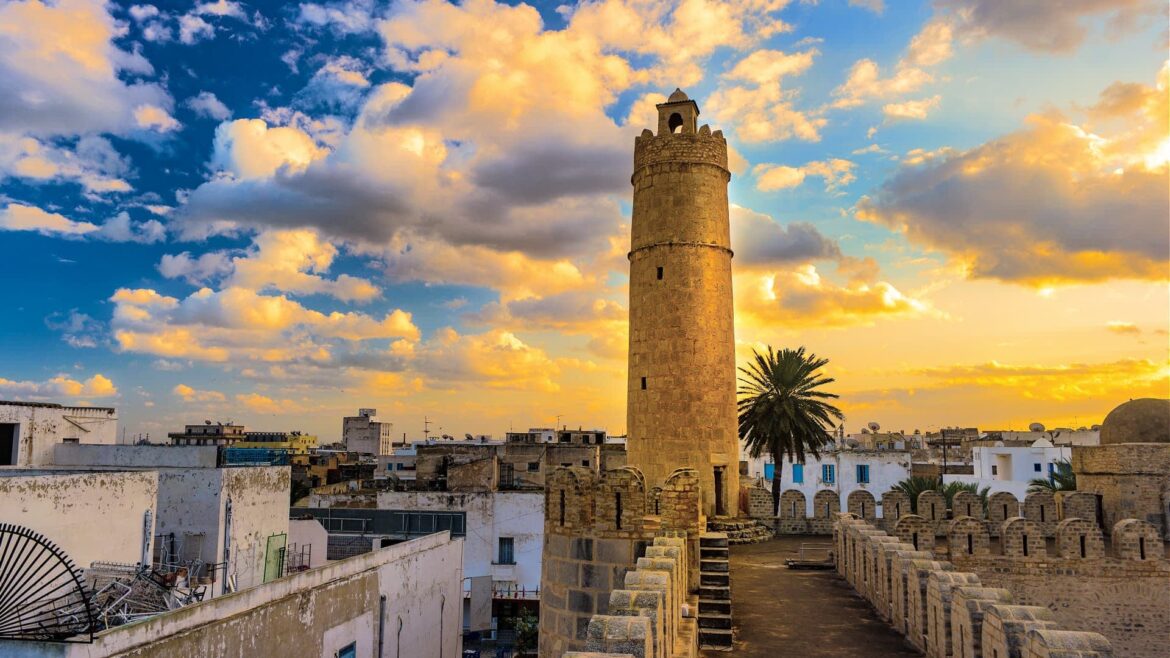Summary
Tunisian olive oil producers are facing declining revenues despite increased production and exports, with prices dropping significantly from the previous year. Concerns over market speculation and potential fraud have been raised by Italian MEPs and farming groups, prompting calls for increased oversight and transparency in the olive oil trade.
The latest campaign has dampened hopes of higher margins for Tunisian olive oil producers.
Official data released by the National Observatory on Agriculture (ONAGRI) show declining revenues despite higher production and export volumes.
Between November 2024 and September 2025, Tunisia exported 268,600 tons of olive oil, a 41.3 percent increase over the previous year. Of this total, 77.7 percent was extra virgin olive oil.
Yet, export revenues fell 28.4 percent compared to the average of the previous two years, totaling TND 3.6 billion (approximately €1.04 billion).
According to ONAGRI figures, producers sold one kilogram of olive oil abroad for an average of €2.7, down sharply from €5.1 in the 2023/2024 campaign — a 48-percent drop.
The lowest prices apply to bulk olive oil, which accounts for roughly 78 percent of all exports. Packaged organic extra virgin olive oil, representing just 6.3 percent of shipments, fetched about €4.1 per kilogram.
ONAGRI stated that 58 percent of low-priced olive oil was exported to Europe, primarily to Spain and Italy, while 26.4 percent was shipped to North America. Such prices, which are well below international averages, are expected to erode producers’ margins and limit their investment capacity.
As Tunisia readies for another large harvest, observers warn of further market speculation. In recent weeks, Italian producers and farming groups have raised concerns that the low prices may be linked to fraud, potentially undermining the global olive oil trade.
Italian MEP Dario Nardella, a member of the European Parliament’s Committee on Agriculture and Rural Development (Comagri), submitted a formal question to the European Commission over alleged financial and trade fraud involving Tunisian olive oil.
Nardella referred to the Tunisian exporter Bioliva Med Company, noting that “according to investigations, Bioliva would have accumulated debts exceeding €170 million and engaged in speculative and irregular payment practices, allowing exports at abnormally low prices.”
“These dynamics would have caused Tunisian olive oil prices to collapse to €2.8 per kilogram, creating market distortions and serious risks for the stability of the European olive sector and for consumer protection regarding product origin and quality,” he added.
He asked the Commission to assess the scope and gravity of the alleged fraud and, if confirmed, to adopt measures to strengthen oversight and transparency.
Days earlier, four Italian MEPs had filed a similar question to the Commission, warning that speculative practices might violate current regulations governing the olive oil trade.
In a recent statement, the Italian farming association Coldiretti stated, “Speculative practices corner domestic producers and flood markets with low-quality products,” calling for stepped-up inspections by law enforcement, the Ministry of Agriculture (MASAF), and the ICQRF quality-control agency.
Meanwhile, Tunisian farmers’ representative Walid Hababou told La Presse that both olive and olive oil prices remain unstable, with current local prices ranging between TND 12 and 13 (about €3.2 to €3.7).
On a local radio program, Lotfi Riahi, head of the Consumers’ Guidance Organization, urged the government to ban bulk olive oil exports to preserve value and protect the national product.
In a late development, Reuters reported that a Tunisian court has released on bail Abdelaziz Makhloufi, head of one of the country’s largest olive oil producers and exporters. Makhloufi was arrested last year as part of an investigation into a state-owned farm in Sfax Governorate, which is home to 360,000 olive trees.


Dining and Cooking